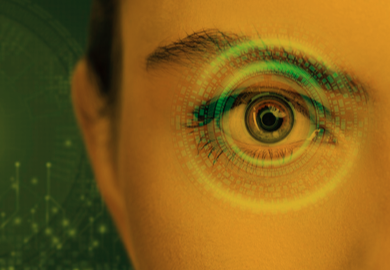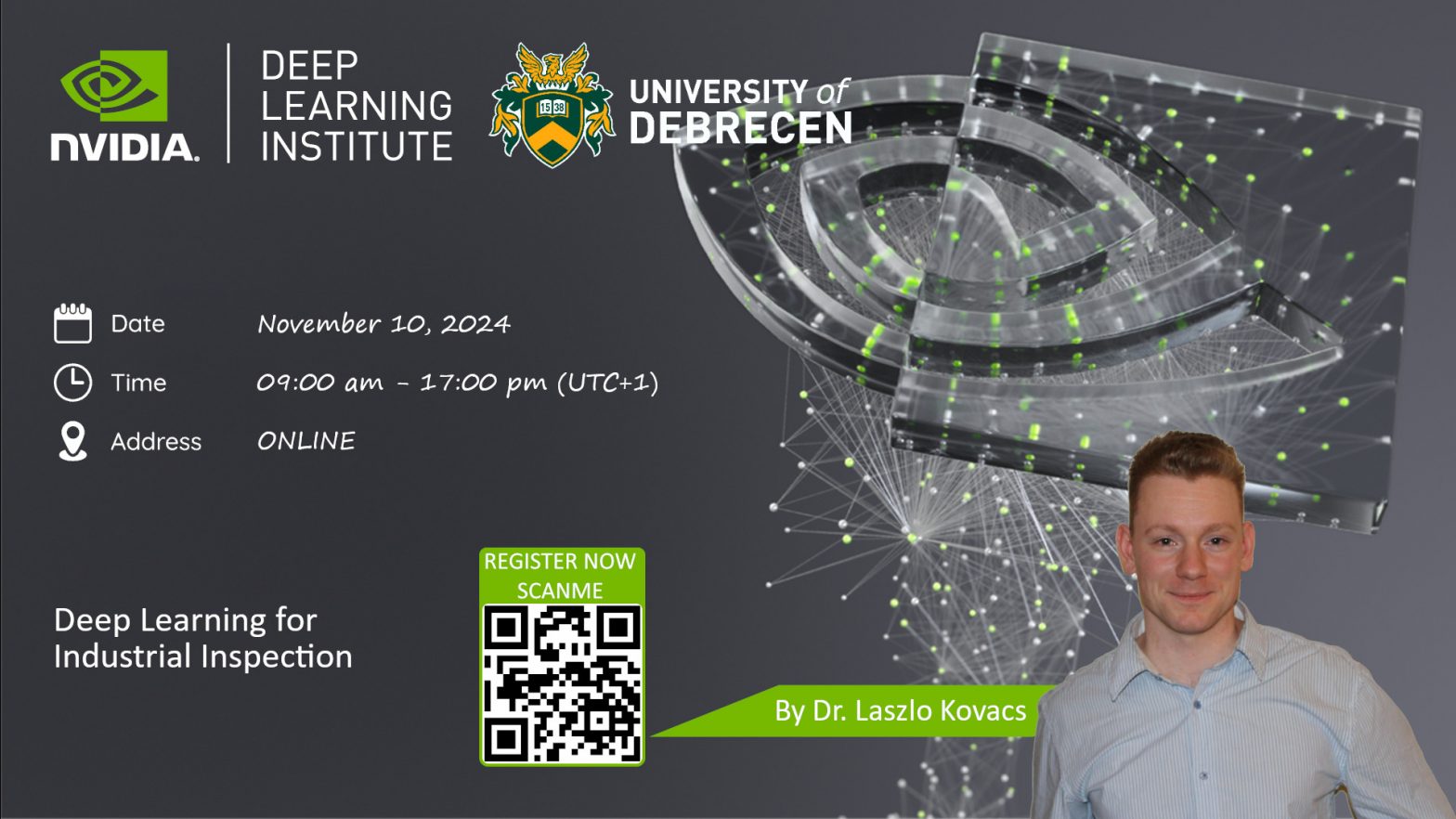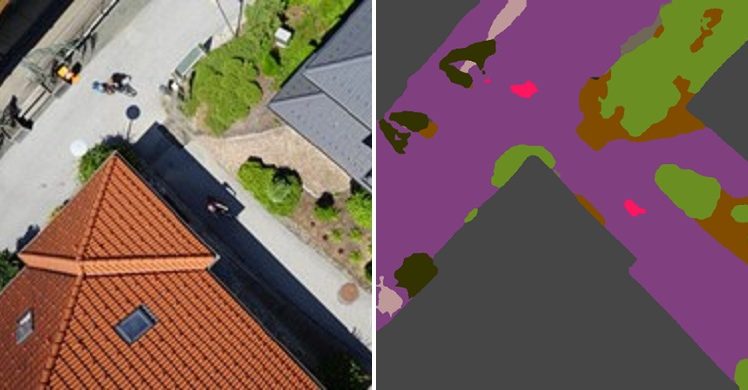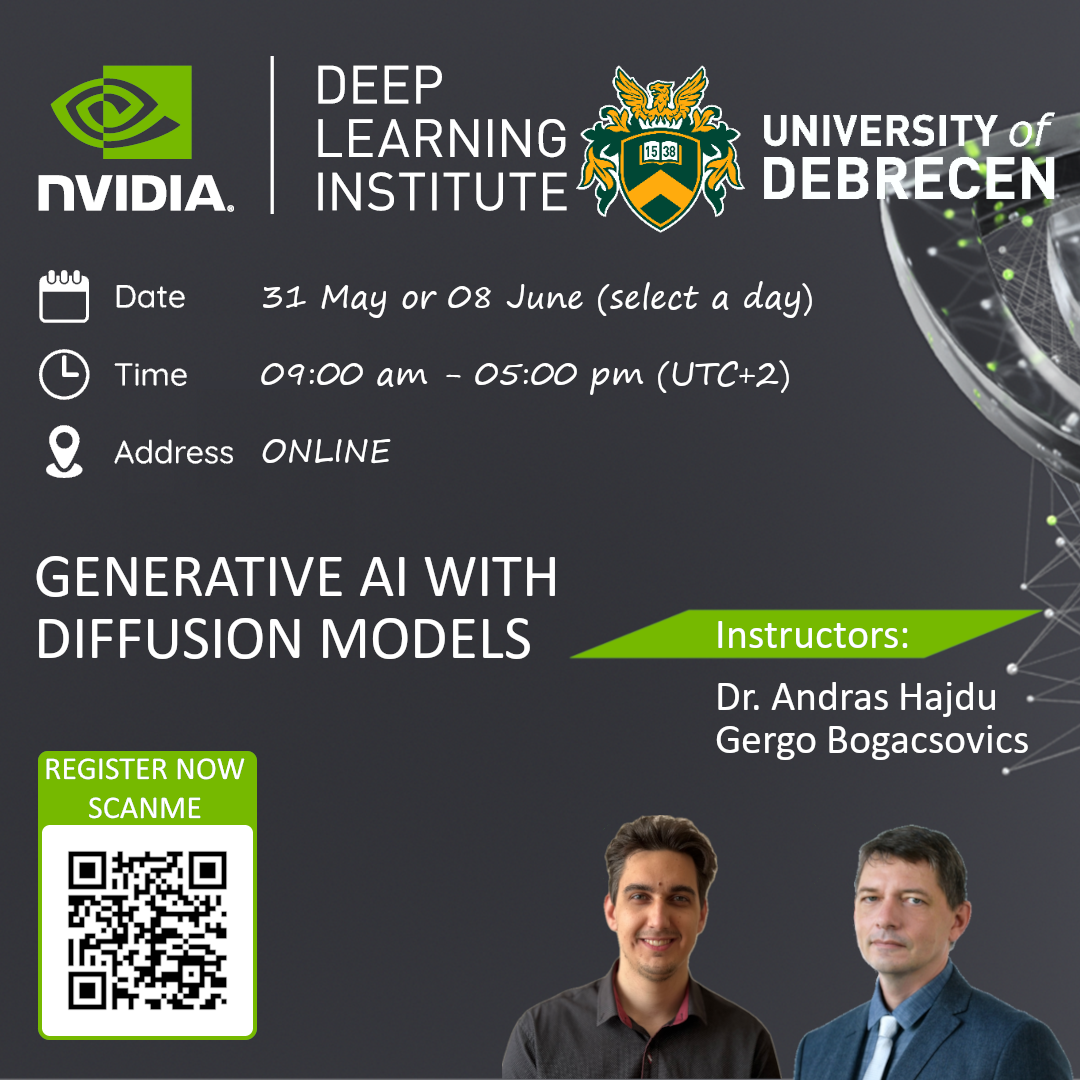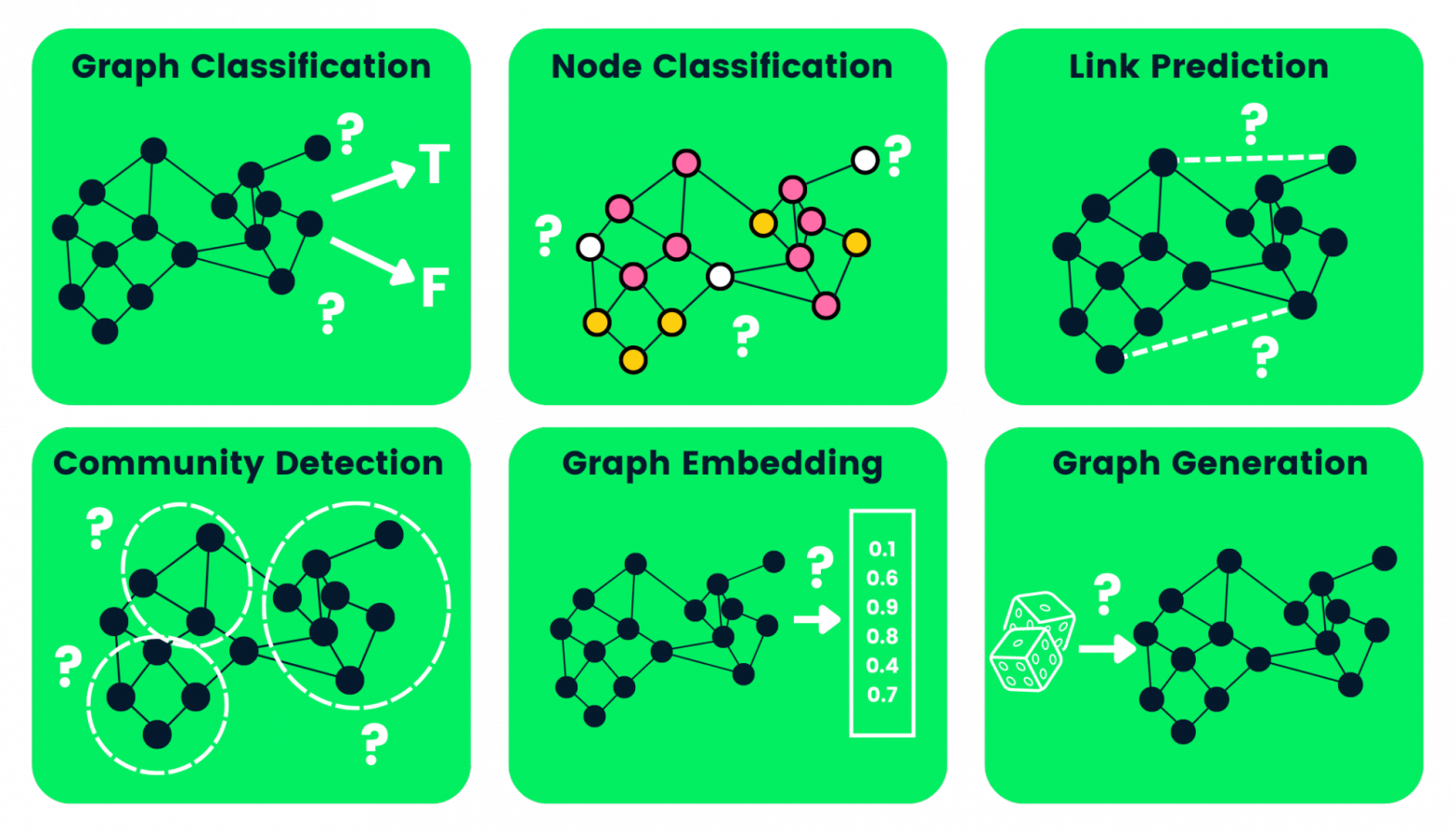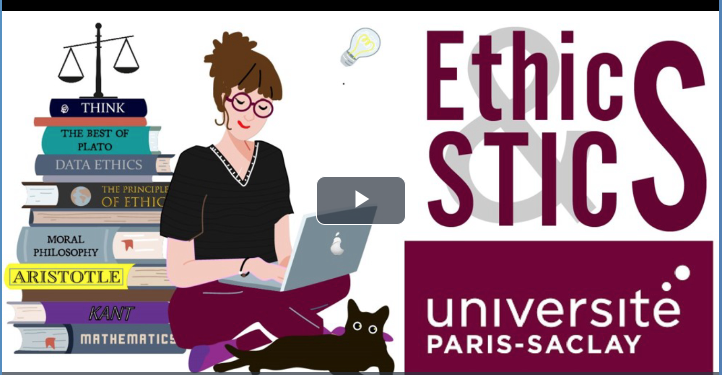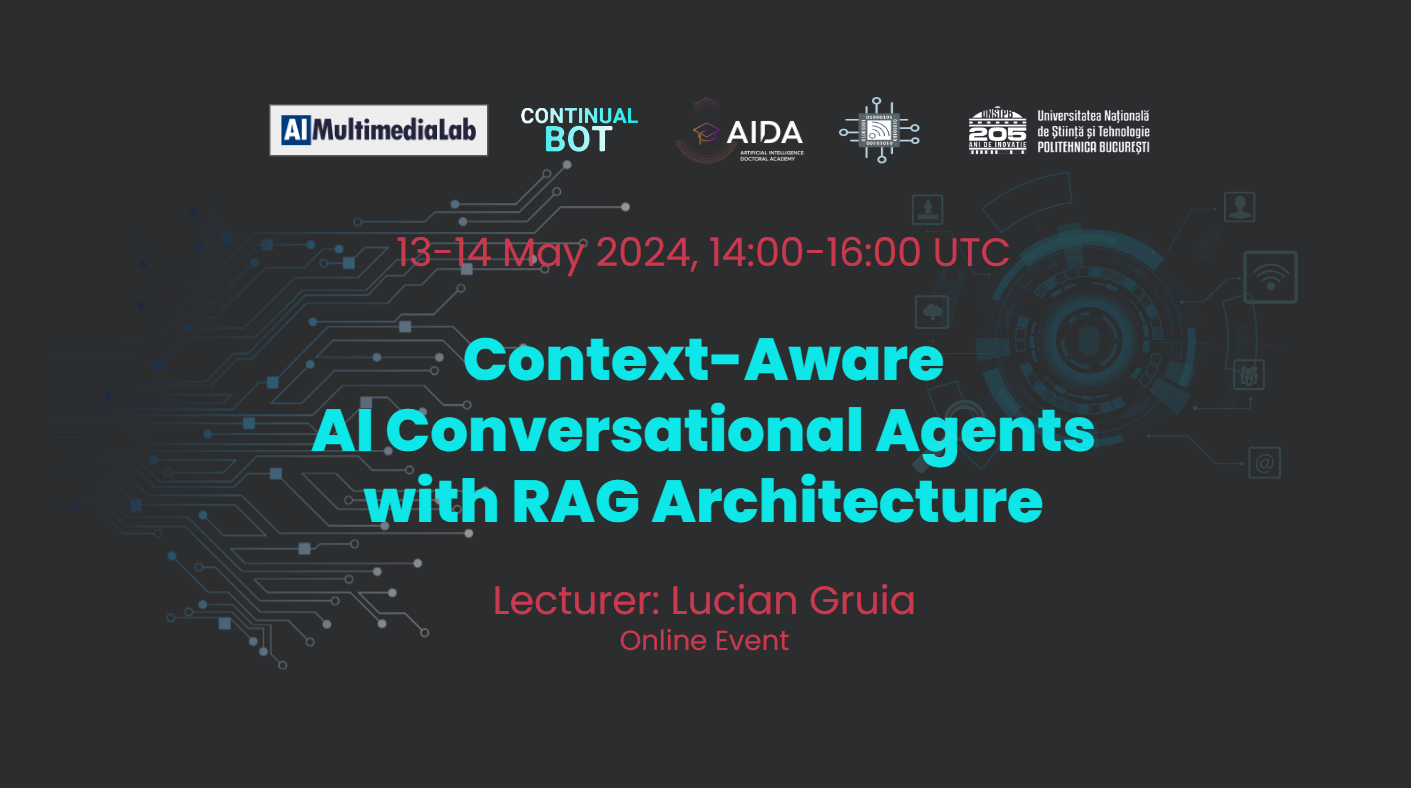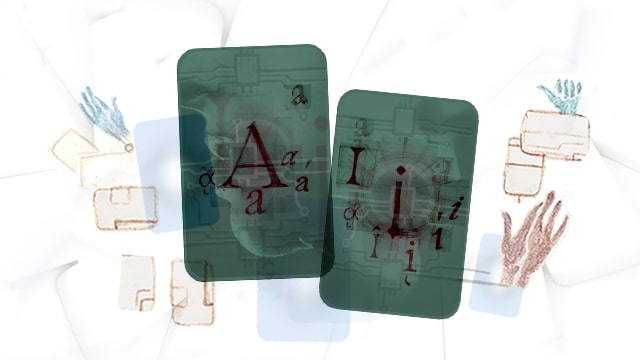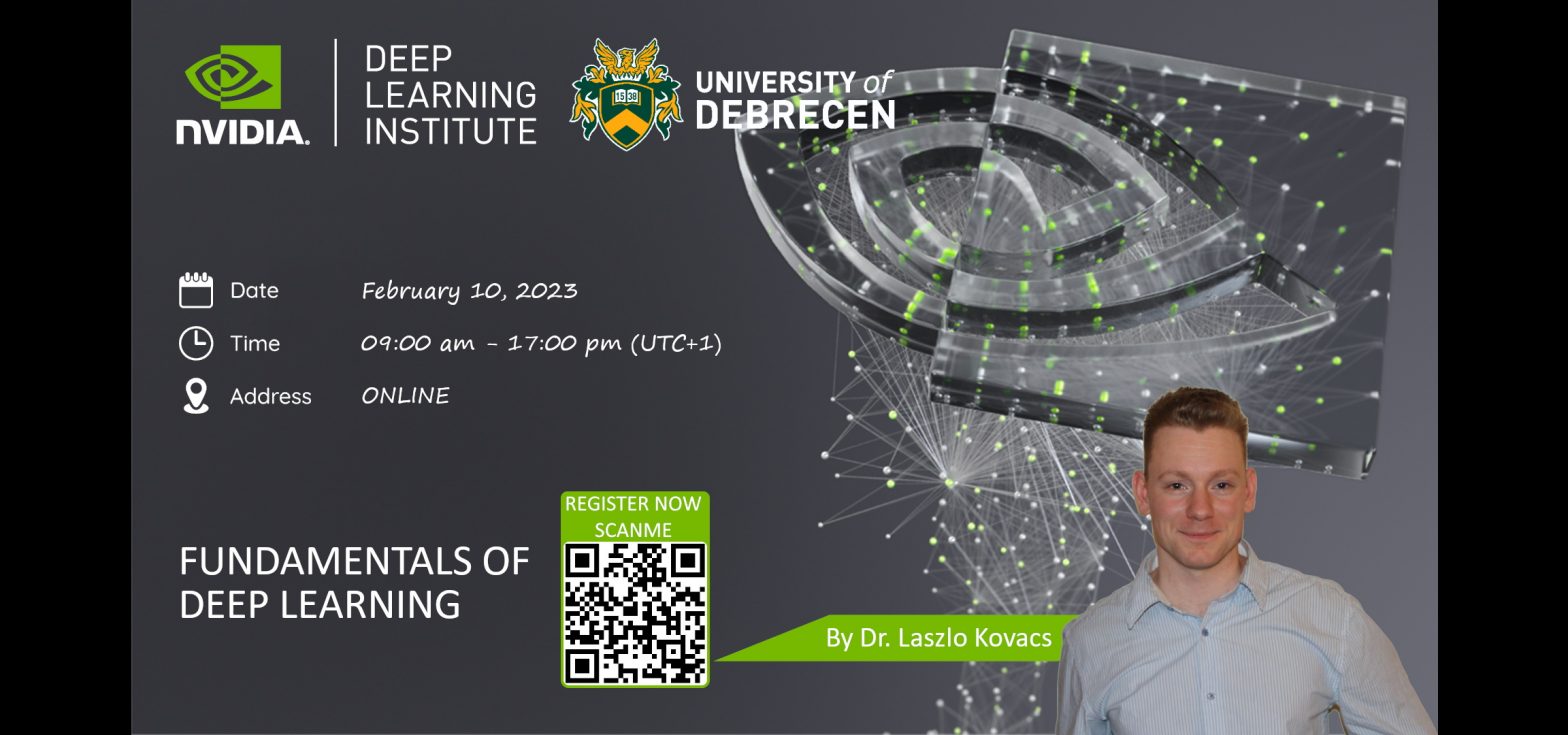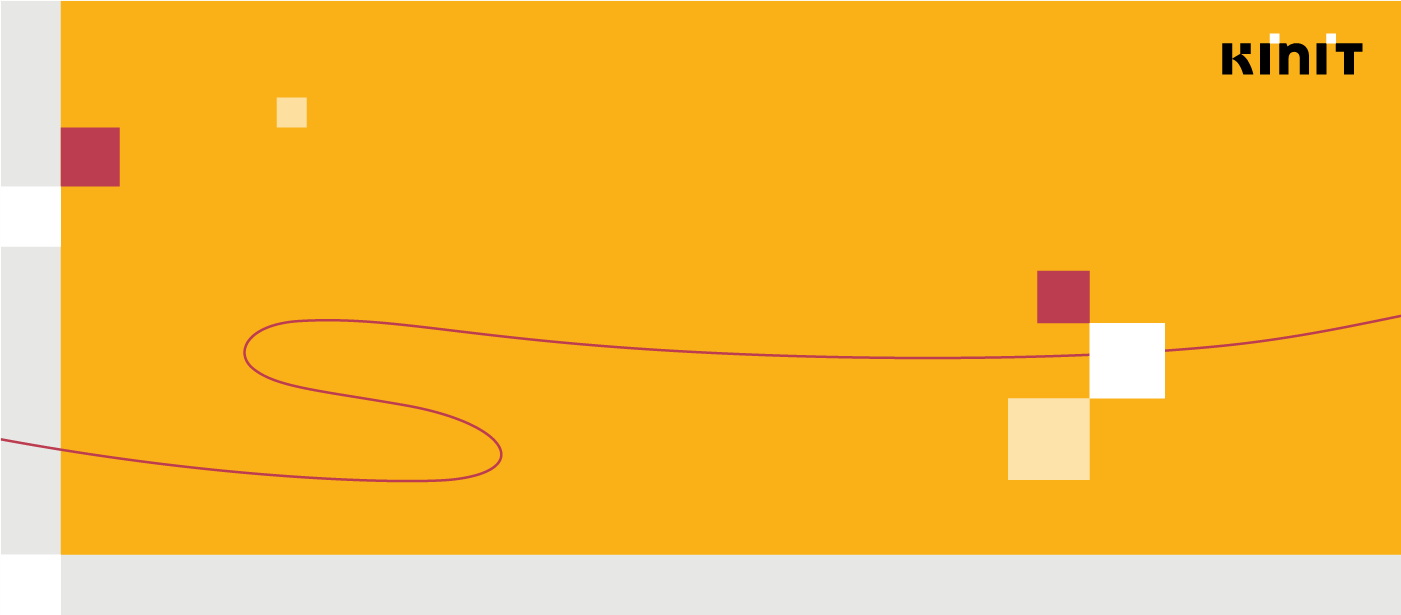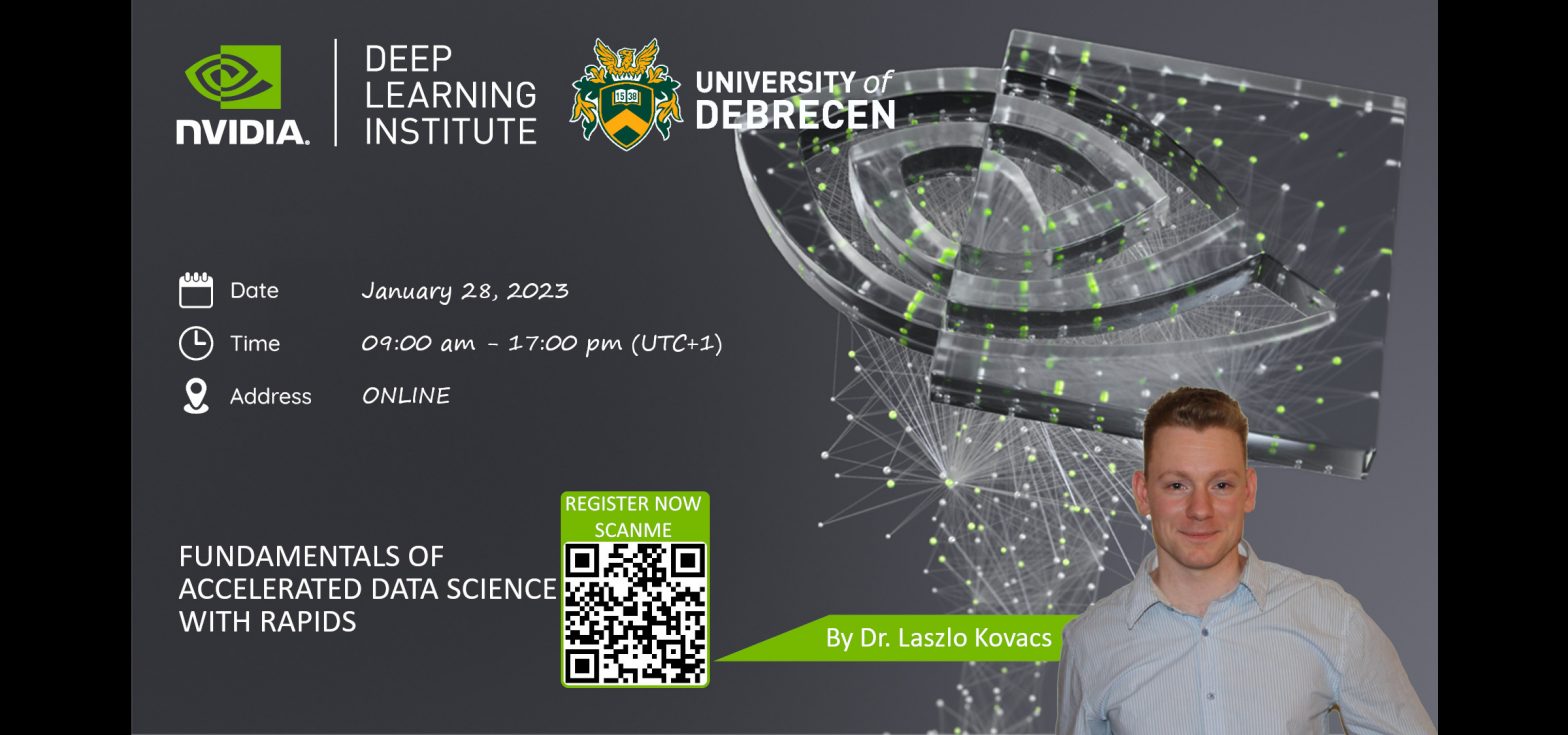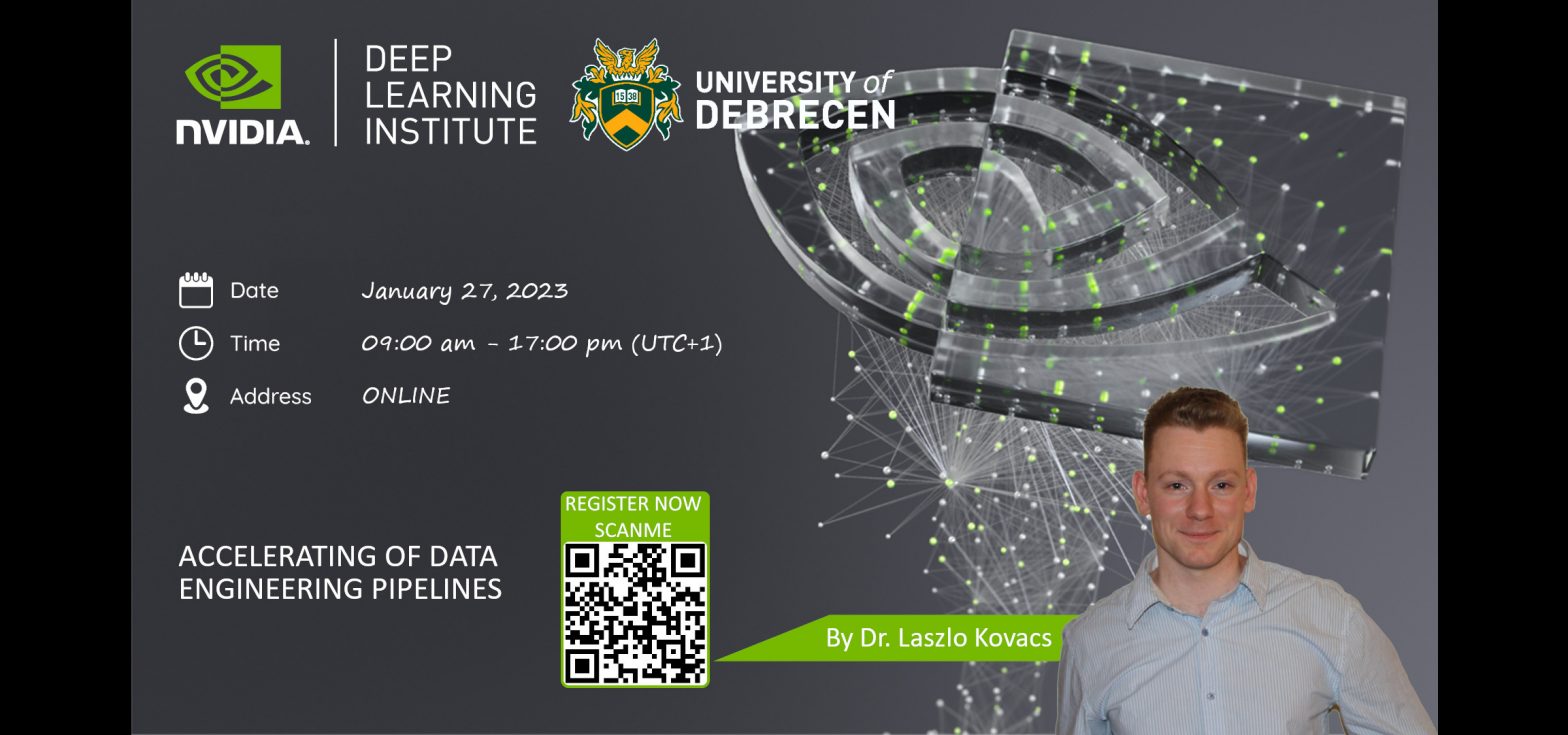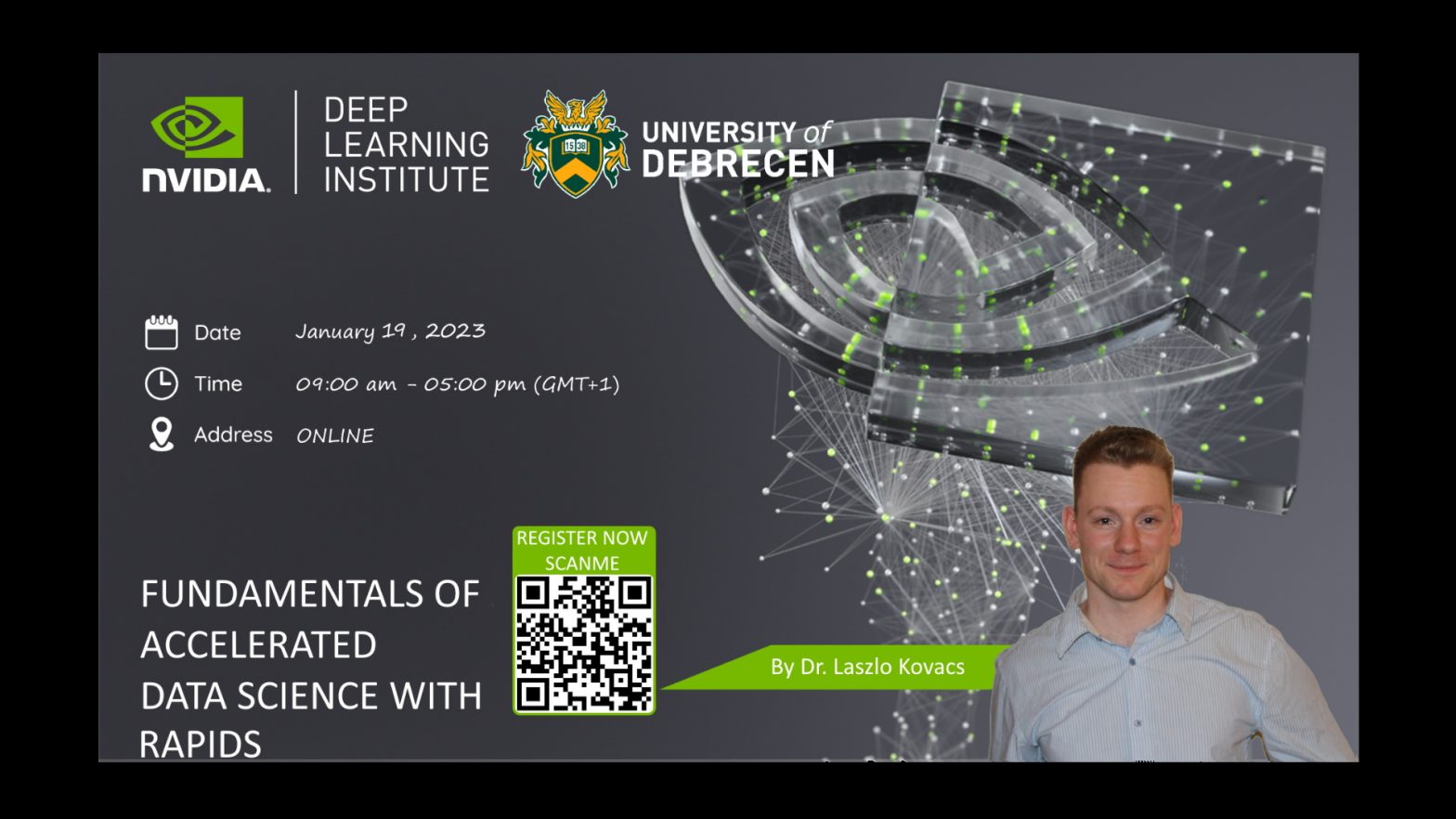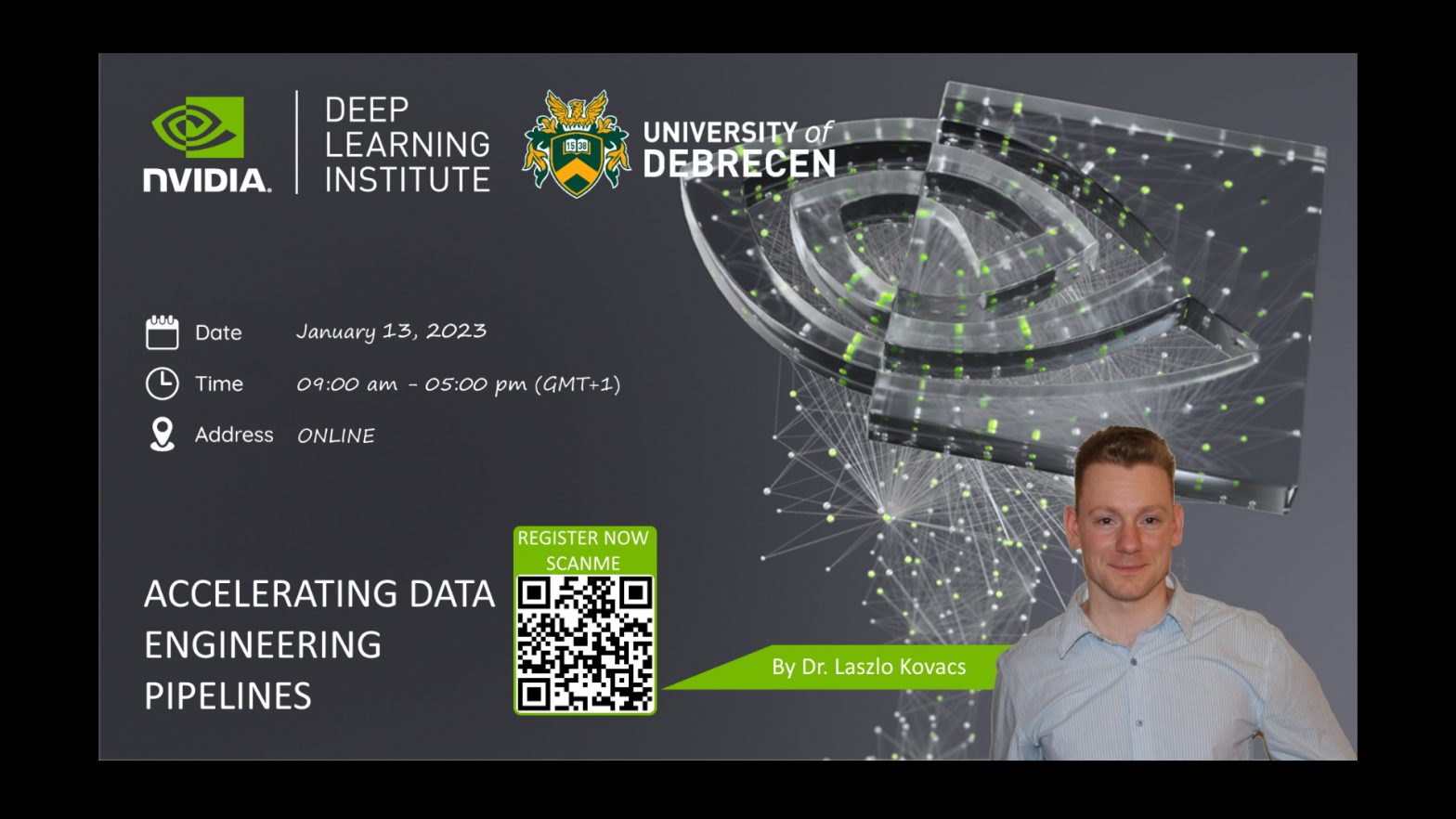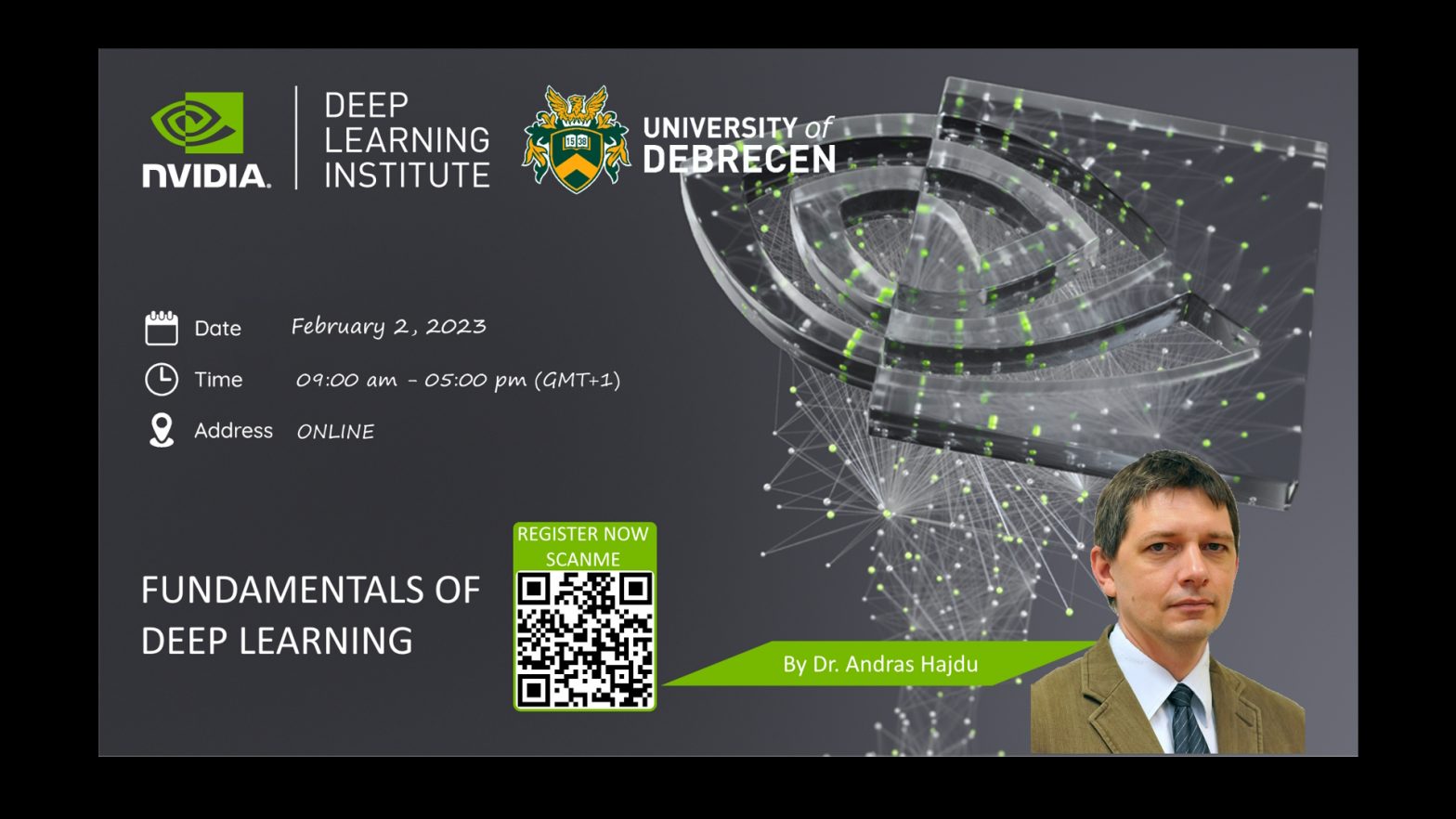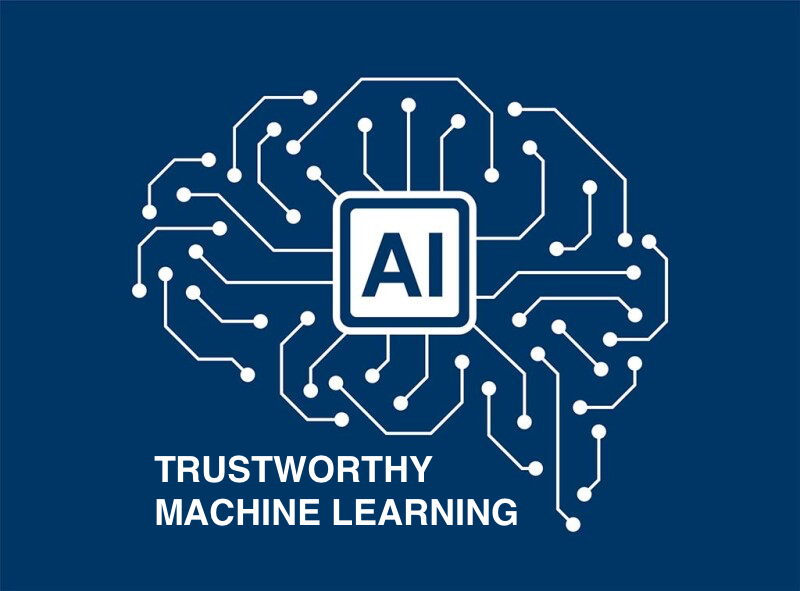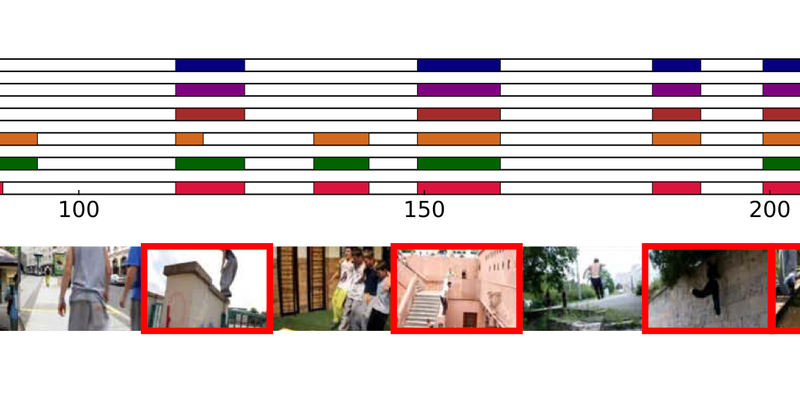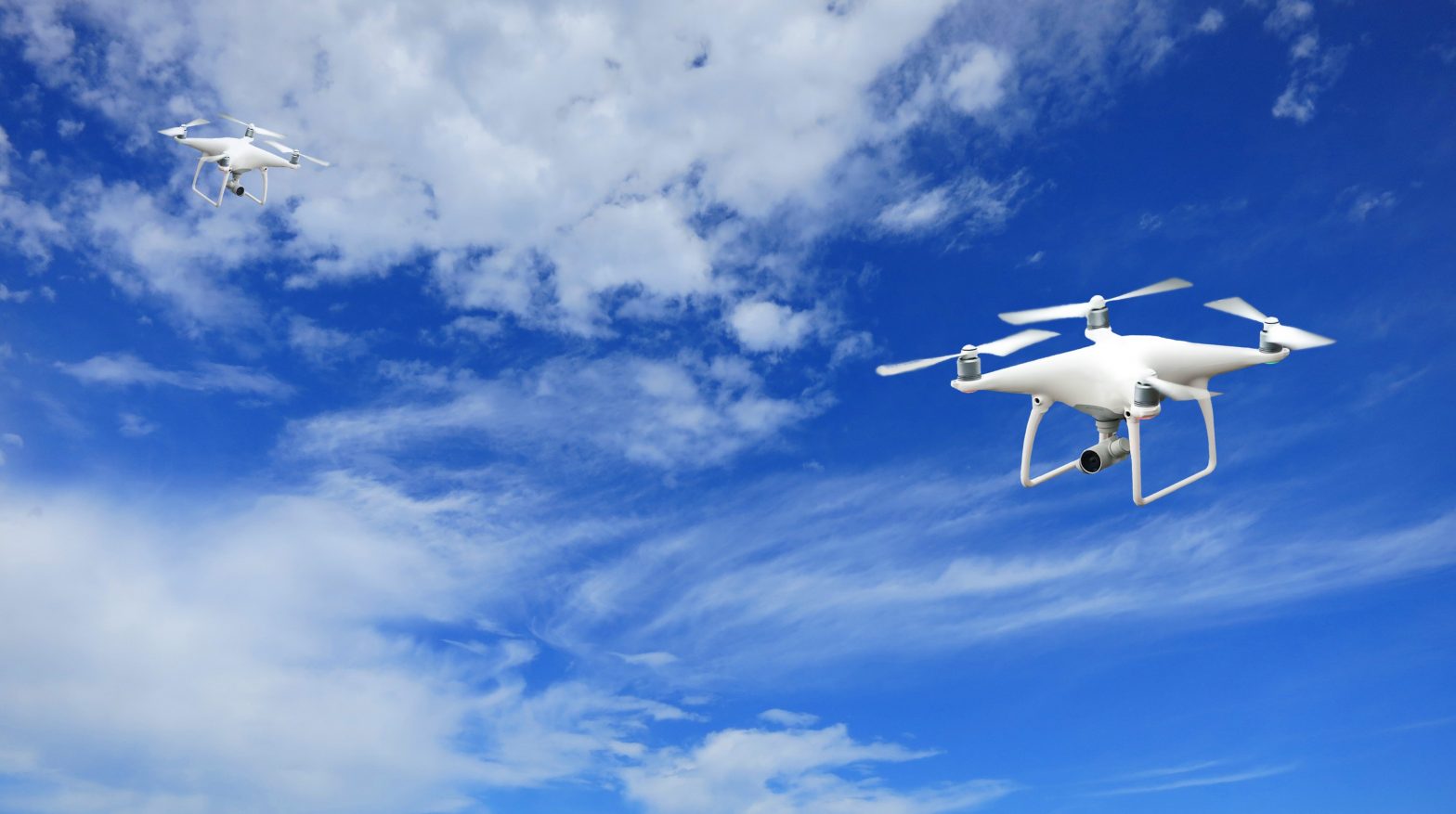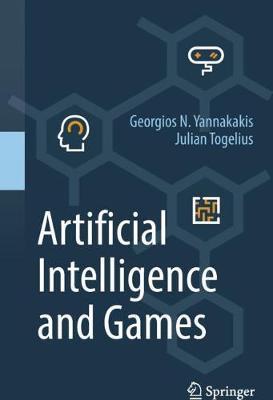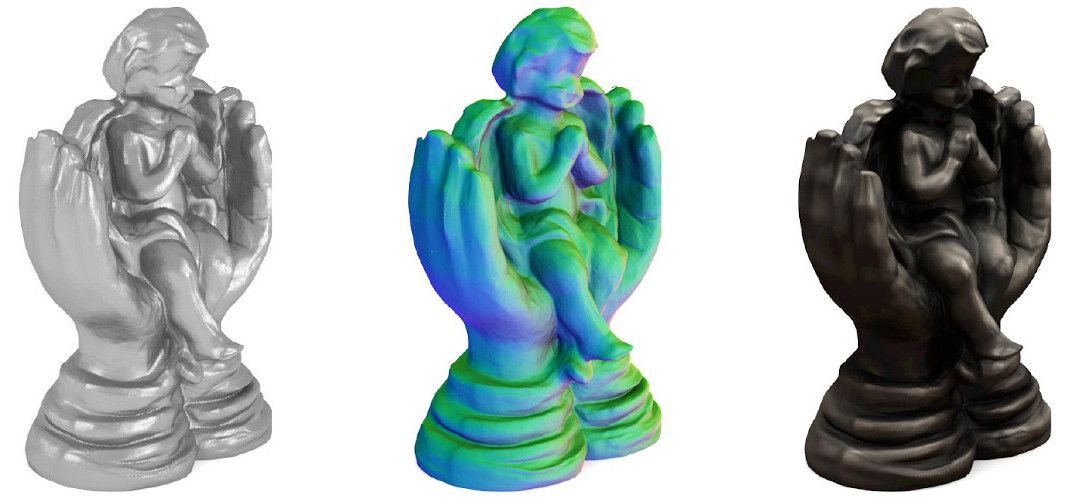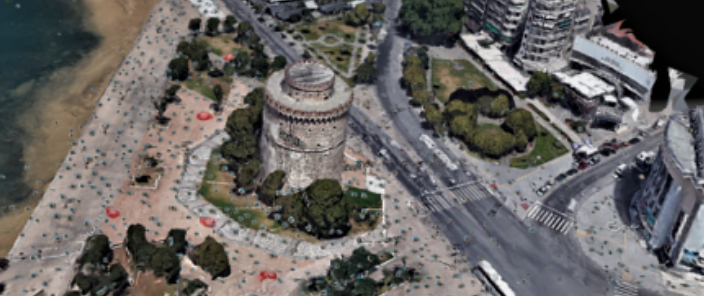Lecturer
Matthew Barthet, matthew.barthet@um.edu.mt
Content and organization
Game technology incorporates a number of core technical fields that are relevant for modern game development, design and production. Most of these areas are driven by key artificial intelligence techniques such as expert domain-knowledge systems, search and optimization, and computational intelligence in games. The primary goal of this unit is the understanding, design, implementation and use of basic and nouvelle AI techniques for generating efficient intelligent behaviors in games.
The study-unit aims to introduce students to the theory of basic and advanced game artificial intelligence topics and provide hands-on experience on the implementation of popular algorithms on commercial-standard games.
The topics covered in this unit include:
– History of AI/game AI
– Pathfinding (A* and beyond – navigation meshes, artificial potential fields)
– Expert Domain-Knowledge Systems (Finite State Machines, Behavior Trees)
– Search (basic search, min-max search, tree-search, monte-carlo tree search)
– Computational Intelligence and Games (Neural Networks, Genetic Algorithms, Temporal Difference Learning)
Study-unit Aims:
The core aims of the unit are as follows:
– Students familiarise with and are able to theorize upon basic and advanced game artificial intelligence techniques;
– Students develop intelligent game agents for commercial-standard productions;
– Students are able to compete in international game AI competitions.
Learning Outcomes:
1. Knowledge & Understanding;
By the end of the study-unit the student will be able to:
– Identify problems in game production that can be solved by AI and optimization algorithms;
– Apply basic AI and optimization modeling techniques to describe these problems;
– Implement and apply basic AI algorithms to solve identified problems;
– Theorize on concrete game development problems and corresponding game AI solutions.
2. Skills:
By the end of the study-unit the student will be able to:
– Implement, test and evaluate the AI techniques covered in class within a gaming context.
Main Text/s and any supplementary readings:
Russell and P Norvig. Artificial Intelligence, a Modern Approach. Prentice Hall, 1994. ISBN 0-13-103805-2
Michael Negnevitsky, Artificial Intelligence: A Guide to Intelligent Systems, Addison Wesley, ISBN 0-201-71159-1
Neural networks: an introduction Course Notes: Peter Ross and John Hallam, AI Applications Institute, University of Edinburgh, 1999
Machine Learning, Tom M. Mitchell, McGraw-Hill, 1997
AI Game Programming Wisdom, Steve Rabin (editor), Charles River Media, 2002
AI Game Programming Wisdom 2, Steve Rabin (editor), Charles River Media, 2004
AI Game Programming Wisdom 3, Steve Rabin (editor), Charles River Media, 2006
Programming AI by Example, Mat Buckland, Wordware Publishing, 2005
Various online articles and chapters from textbooks
Level
MQF Level 7
Course Duration
30 hours
Course Type
Semester Course
ECTS
5
Participation terms
Free registration for both external (non-AIDA) and AIDA students. Both AIDA and non-AIDA students are encouraged to participate in this short course. If you are an AIDA Student* already, please: Step (a): Register in the course by following by sending an email to matthew.barthet@um.edu.mt for your registration. AND Step (b): Enroll in the same course on the AIDA website using the ‘Enroll on this course’ button therein, so that this course enters your AIDA Certificate of Course Attendance. If you are not an AIDA Student do only step (a). *AIDA Students should have been registered in the AIDA system already (they are PhD students or PostDocs that belong only to the AIDA Members listed in this page: Members)
Modality (online/in person):
In Person
Notes
Pre-requisite Qualifications: Bachelor's in engineering/CS or related fields; object-oriented programming. Unit offered at Post Graduate Level. Assessment Component/s Assessment Due Sept. Asst Session Weighting Oral Examination (20 Minutes) SEM1 Yes 40% Presentation (10 Minutes) SEM1 No 10% Report SEM1 Yes 50%
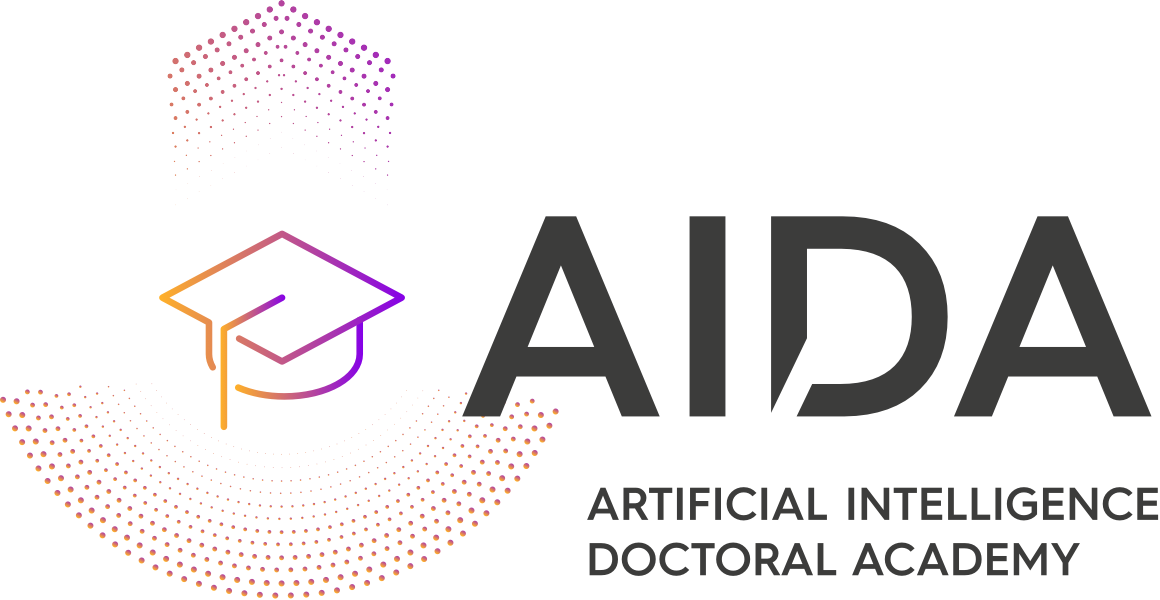
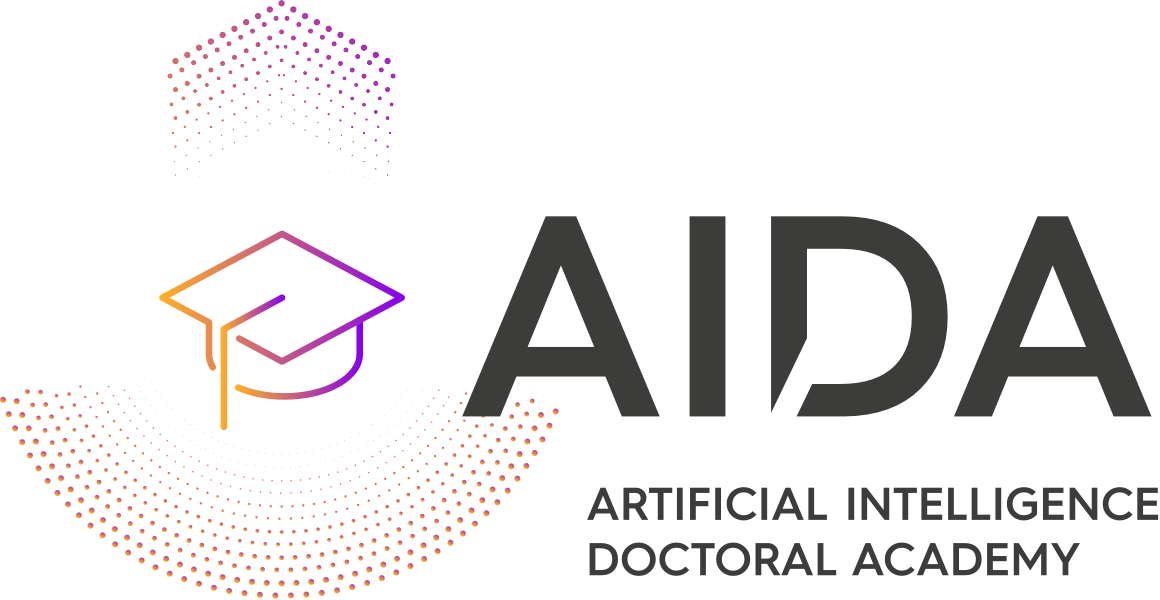

 Back to List
Back to List
